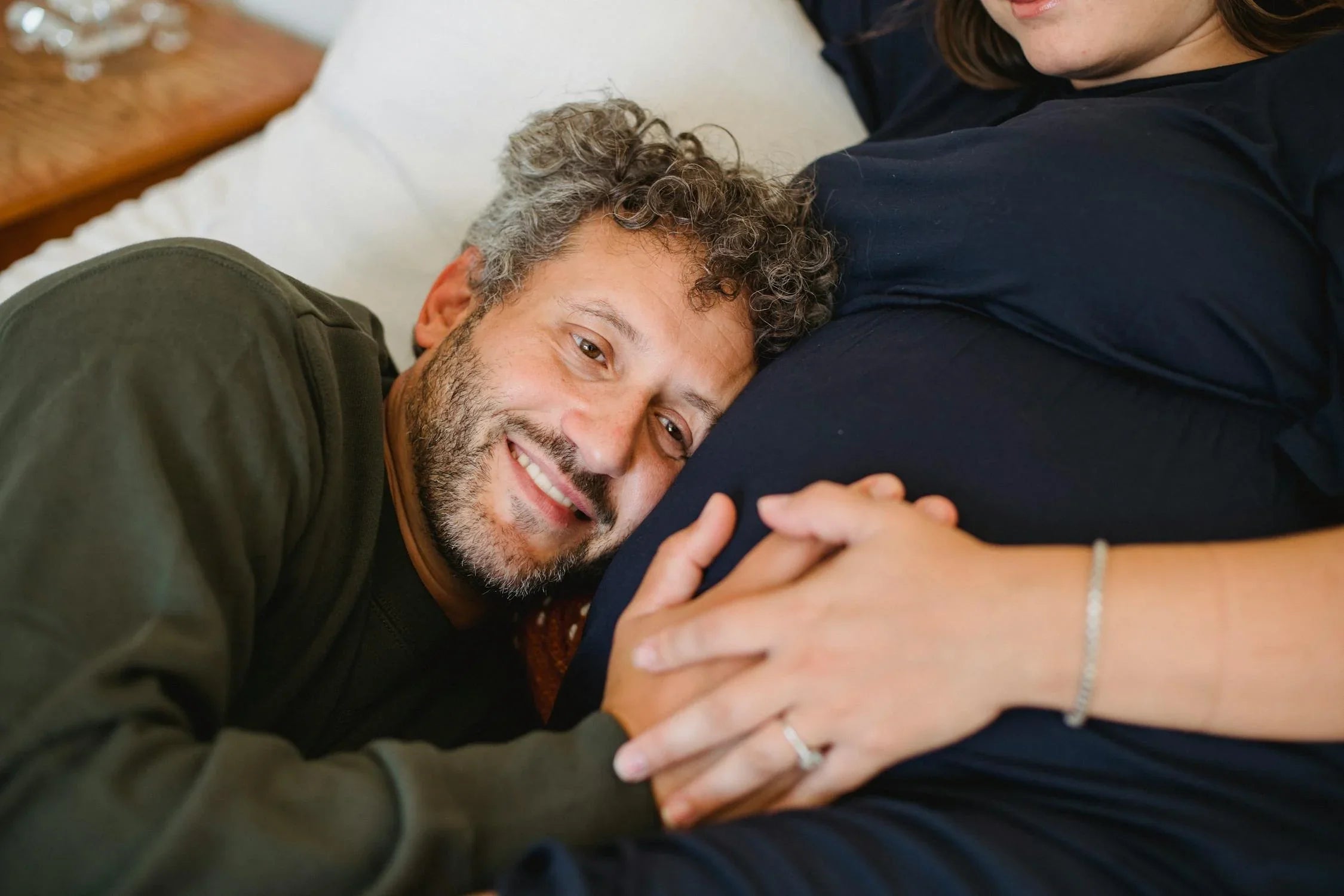Accueil
Pregnancy, Breastfeeding, and Pumping: The Ultimate Guide for Moms
How Many Days After Ovulation for Positive Pregnancy Test

How Many Days After Ovulation for Positive Pregnancy Test
For many women, the wait to find out if they are pregnant can feel like an eternity. Understanding how many days after ovulation you should wait for a positive pregnancy test can help ease the anxiety and ensure accurate results. This article delves into the science behind pregnancy tests, the factors that influence their accuracy, and the best time to take one.
Understanding Ovulation and Conception
Ovulation is the process where an egg is released from the ovary and becomes available for fertilization. This typically occurs around the middle of a woman's menstrual cycle. After ovulation, the egg can be fertilized by sperm within a 12 to 24-hour window. If fertilization occurs, the fertilized egg, or zygote, begins to travel down the fallopian tube towards the uterus, where it will implant itself into the uterine lining.
The Role of hCG in Pregnancy Tests
Human Chorionic Gonadotropin (hCG) is a hormone produced by the placenta shortly after implantation. This hormone is the key indicator that pregnancy tests look for. The levels of hCG increase rapidly in the early stages of pregnancy, doubling approximately every 48 to 72 hours. Most pregnancy tests are designed to detect hCG levels in urine, and the sensitivity of these tests can vary.
How Many Days After Ovulation Should You Wait?
The timing of when to take a pregnancy test after ovulation is crucial for accuracy. Here’s a breakdown of the typical timeline:
- 1-6 Days Post-Ovulation: During this period, implantation has likely not occurred yet, and hCG levels are too low to be detected by a pregnancy test.
- 7-10 Days Post-Ovulation: Implantation may occur during this window. Some women may experience implantation bleeding or spotting. However, hCG levels are still very low, and a pregnancy test may not yet be positive.
- 11-14 Days Post-Ovulation: By this time, if implantation has occurred, hCG levels should be high enough to be detected by most pregnancy tests. This is generally the optimal time to take a test for accurate results.
Factors Affecting Test Accuracy
Several factors can influence the accuracy of a pregnancy test, including:
- Test Sensitivity: Different tests have varying levels of sensitivity to hCG. Some tests can detect lower levels of hCG earlier in pregnancy.
- Timing of Implantation: Implantation can occur at different times for different women, affecting when hCG levels rise.
- Urine Concentration: Taking the test with the first morning urine, which is more concentrated, can increase the chances of detecting hCG.
- User Error: Incorrect usage of the test, such as not following the instructions properly, can lead to inaccurate results.
Tips for Taking a Pregnancy Test
To maximize the accuracy of your pregnancy test, consider the following tips:
- Wait Until the Right Time: As mentioned, waiting until at least 11 days post-ovulation increases the likelihood of accurate results.
- Use First Morning Urine: This is when hCG levels are most concentrated.
- Follow Instructions Carefully: Make sure to read and follow the test instructions precisely.
- Confirm with a Blood Test: If you receive a positive result, consider confirming it with a blood test, which is more sensitive and can provide quantitative hCG levels.
What to Do If You Get a Negative Result
If you take a pregnancy test and receive a negative result but still suspect you might be pregnant, consider the following steps:
- Wait a Few More Days: hCG levels may not be high enough yet. Wait a few more days and retest.
- Track Your Symptoms: Pay attention to any pregnancy symptoms you may be experiencing, such as nausea, fatigue, or breast tenderness.
- Consult a Healthcare Provider: If you continue to have concerns, consult a healthcare provider for further testing and advice.
Conclusion
Understanding how many days after ovulation to wait for a positive pregnancy test can help you navigate the emotional rollercoaster of trying to conceive. By waiting until at least 11 days post-ovulation, using the first morning urine, and following the test instructions carefully, you can increase the likelihood of obtaining accurate results. Remember, every woman’s body is different, and factors such as test sensitivity and the timing of implantation can influence the outcome. If you have any doubts or concerns, don’t hesitate to seek advice from a healthcare professional.
Waiting to find out if you’re pregnant can be an emotional journey, but knowing the right time to take a pregnancy test can make all the difference. Armed with the knowledge of how many days after ovulation to wait, you can approach the process with confidence and clarity. Whether you’re hoping for a positive result or preparing for the next steps, understanding the science behind pregnancy tests empowers you to make informed decisions about your reproductive health.
Partager

